Psychology Tricks

These are some psychology tricks used by people to achieve goals such as: likeabilty, persuasion, improve sales, self confidence or simply to confuse others. You will be amazed to know the psychology of the mind and how it reacts to stimulations. For more tricks check our Brain Tricks main page.
Nodding Hypnosis

Nodding your head while asking a question will make the other person more inclined to agree with you.
Keeping eye contact

Eye contact makes people think you respect them and that you're confident. If you are not comfortable making eye contact, try to guess the eye color of the person you're talking to, or simply look at their upper nose.
Confidence Master

Most people can't tell the difference between being skillful and simply being confident. If you seem confident, people will tend to think you know what you're doing. Statistically speaking, you will also be able to perform better than if you were under stress.
Eye language

The eyes sometimes give cues to what a person could be thinking. 1) Upwards (left/right): Visual "I can imagine the big picture". 2) Level (left/right): Auditory "Let's tone down the discussion" 3) Down-right: Kinesthetic as in "to grasp a concept" or "to gather you've understood." 4) Down-left: Auditory internal dialogue — talking to one's inner self.
Anchoring Effect

People make decisions that rely heavily on the first piece of information they get. Companies take advantage of that by showing you the original price of an item, then the discounted price. The original price influences your decision because it makes you feel you got a bargain.
Random Numbers

If someone is counting and you want to mess up their count. Don't say random numbers but instead say numbers in order because we tend to pay more attention to patterns and sequence.
Excitement is contagious

If you react to seeing someone in a very cheerful and excited way, next time they are more likely to do the same.
Self Point
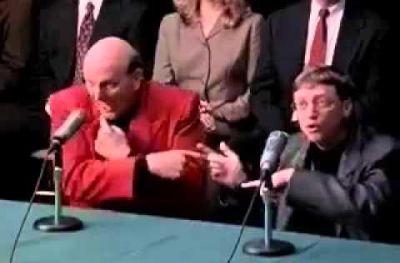
This technique involves pointing towards yourself in conversation as a way of (covertly) pairing yourself with desirable traits. For example, whenever mentioning these words "awesome", "friendly" "great" or whatever positive traits you want to pair yourself with in different contexts, tap your chest or the product lightly while saying that.
Away-point

This technique involves pointing away from oneself during a conversation, in order to emphasize traits that you do not want to be associated with.
Choice framed request

If you want someone to do something while still making them feel they have a choice, ask them to choose between a hard and an easier choice. The easier choice is what you had in mind in the first place.
I need your help

If you need a favor, start with "I need your help". You are invoking 2 things when doing that. 1) The person asked does not want to be a jerk for not helping. 2) It boosts the self-image of the person as being "needed", and a provider of "relief/help".
Creating a Vacuum

If you expect a better answer from someone then what they just gave you, remain silent and keeping eye contact with them, they usually will elaborate or make concessions.
Whisper Hypnosis

If you want something done, and done quickly, whisper it to the person you're asking it from. For some reason just the fact of whispering, gives the request an urgency and discreetness.
Building trust

If you want to make someone trust you, take something from them. It doesn't matter how small it is. Once a thing passes from their hands to yours, their brain registers it as an investment in you. People tend to trust their investments, which is YOU in this case.
Winning debates

In a debate, you should present your argument as well as your opponent's argument. You're more likely to be convincing if you talk about the opposing idea and give evidence how it is wrong. Instead of talking only about your side of the story. People tend to think that if you are familiar with the opposing idea and you are still against it, that you must have a good reason for doing so.
Keep the fractions
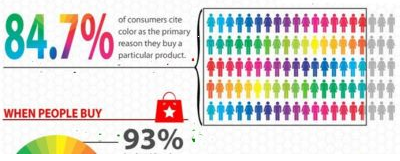
Numbers seem more convincing when they are not rounded. For example 3.25 or 3.85 seem more legitimate than 3 or 4 when you are trying to convince someone about some statistics or review.
Go big

People are more likely to agree to a smaller favor if they deny a larger one or two first. So asking someone to donate $100 for a cause and they say no, will likely make them donate $5 if asked. Similarly, instead of asking someone whether they want to volunteer or not, they could be asked whether they want to volunteer 5 or 10 hours. That leaves the option of "not volunteering" out of the question. The latter is called "the assumptive clause".
Creating scarcity

People value things that are scarce more than abundantly available items. Hence, the marketing tricks "while supplies last", "only two items left in stock" and "offer ends soon".
Rule of Authority

People tend to obey or believe those who are considered to have a higher authority. When someone appears to have authority, special knowledge, impressive credentials, or plain old confidence they are typically seen as more credible and therefore have more power over directing the attitudes and behaviors of others. There are several ways to convey authority: Job title (president, police officer, scientist, doctor...), Clothing (uniform, white lab coats, business suits), Accessories (Hats, expensive watches ...) and more.
Rule of Reciprocity
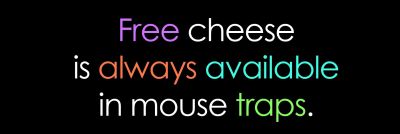
If someone does something for you, you're more likely to want to do something for them. That's why sales people sometimes offer free gadgets and then proceed to tell you about buying their product.
Presuppositions

To persuade people, make statements that assume the listener agrees with you and wants to do what you want them to do. For example the customer has not chosen a product yet. A simple question would be: "Do you need more information about the product before you choose it?" The words "before you choose it" is added to "presuppose" the person will choose the product.
Pacing and Leading

This technique starts with making statements that are true so the listener will automatically agree with you. This is called pacing. After pacing, the person can then more easily be lead in the direction that you wish, because they were primed to already agree with you.
Vanishing Negative

Using an ambiguous statement to override someone's negative answer and get them to side with you. For instance, you need someone to volunteer in a library. You: "Do you like reading books?" Them: "Not really." You: "I sense you're a person who loves education and appreciates knowledge." So even though the person said they don't like reading. You did not dwell on that too much.
Asking the right question

You get better results when asking a customer an open ended question instead of a "Yes/no" question. For example: "why don't you get you that product!" instead of "Do you want that product?".
Embedded commands

This method can subtly entice some highly suggestible customers, by putting commands into your sentences in discreet ways. That way they will slip past the thinking mind and impact the unconscious mind. For example: a sales agent may say: "You don't have to ... BUY MY PRODUCT..., but if you do you will be getting the following benefits ...". The middle of the sentence is where the trick is "BUY MY PRODUCT" even if it's preceded by "you don't have to". The customer will hear that phrase and envision buying the product. Another trick used is: By now, product A ... is used by thousands of people. The phrase "By now" might be subconsciously understood as "BUY NOW".
Daily Cost Clause

Breaking down the cost of a product in order to focus on the smaller amounts it would cost per day or per month instead of the whole amount. For example: "A laptop would cost $2200 if paid over two years" could be changed to "This laptop could only cost you only $3 per day. That's less than the price of one bag of chips."
Re-think stress

Many physical effects of stress are the same as those of exhilaration (e.g. heavy breathing, fast heart rate, etc.) If you reframe your threatening situation as a challenging one, your stress will become exhilaration.
Aversive Conditioning
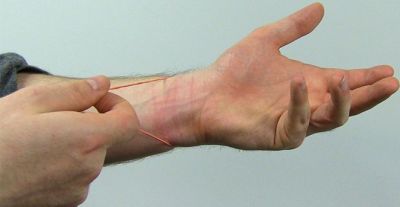
Pairing something bad with an unwanted behavior (such as overeating, smoking) to trick yourself into avoiding it. For example, some people wear a rubber band on their wrist and smack the rubber band on their wrist when they do something bad. The pain is paired with the unwanted behavior, which helps them quit doing it.
Sleeper Effect
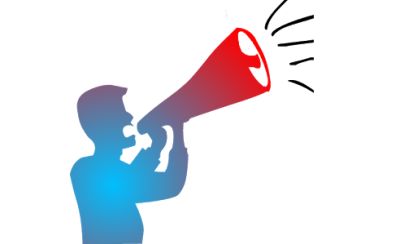
Sometimes an incredible statement is made by a low credibility source. People may dismiss the statement for being bogus, or fake. However, later that statement starts to gain credibility because people only remember the message and not how credible it was.
Laughing attcration
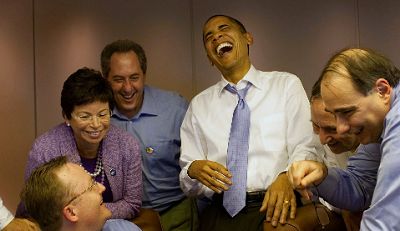
When a group of people laugh, they instinctively look toward the members they feel closest to or who they admire most. Next time check out who is looking at you when laughing in a group.
Lying by omission
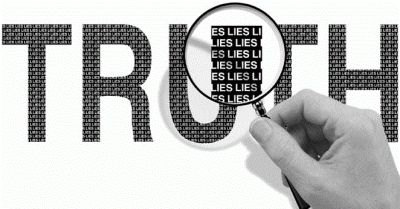
This is a very subtle form of lying by withholding a significant amount of the truth.
Building likeability
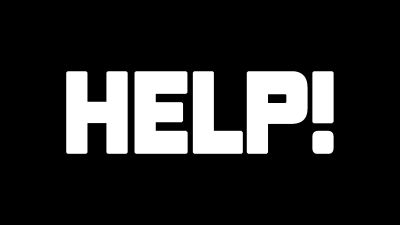
When asking a person for a favor and getting that favor, you are training their brain that they like you, even if the favor is very small. Similarly, before asking for a big favor, ask for a very small one. People tend to think of themselves as consistent and are more likely to help you a second time.
Trick of the Day: The moon when close to the horizon looks bigger than when it's in heart of the sky. That's because when it's close to the horizon, your eyes sees it in comparison to other parts of the horizon, such as trees, mountains and houses, and that's what makes it look bigger. For more tricks and illusions of the day check Tricks of the Day.
These Psychology tricks are just one of the many resources of the brain vulnerabilities showing how the brain can be fooled. Choose a related page, or simply click on previous/ next.
 |
 |